

www.tandfonline.com/doi/full/10....
Aligns with a preprint we released this year that shows faceblindness is a common complaint amongst this group.
tinyurl.com/efkshpt3

www.tandfonline.com/doi/full/10....
Aligns with a preprint we released this year that shows faceblindness is a common complaint amongst this group.
tinyurl.com/efkshpt3
emerginginvestigators.org/articles/24-...
Given multilinguals also exhibit improvements in face recognition (e.g., Burns et al., 2019), possibly by enhancing domain general attention, I wonder if that is responsible here too? #aphantasia
emerginginvestigators.org/articles/24-...
Given multilinguals also exhibit improvements in face recognition (e.g., Burns et al., 2019), possibly by enhancing domain general attention, I wonder if that is responsible here too? #aphantasia

Sympathetic and cooperative: 50%
Self-serving and uncooperative: 33%
yougov.co.uk/topics/socie...

e.j.burns@swansea.ac.uk
e.j.burns@swansea.ac.uk
e.j.burns@swansea.ac.uk
e.j.burns@swansea.ac.uk
Is “unconscious mental imagery” real? The evidence is weaker than it seems. We explain why—and how to move the debate forward.
🔗 www.sciencedirect.com/science/arti...

Is “unconscious mental imagery” real? The evidence is weaker than it seems. We explain why—and how to move the debate forward.
🔗 www.sciencedirect.com/science/arti...

substack.com/inbox/post/1...
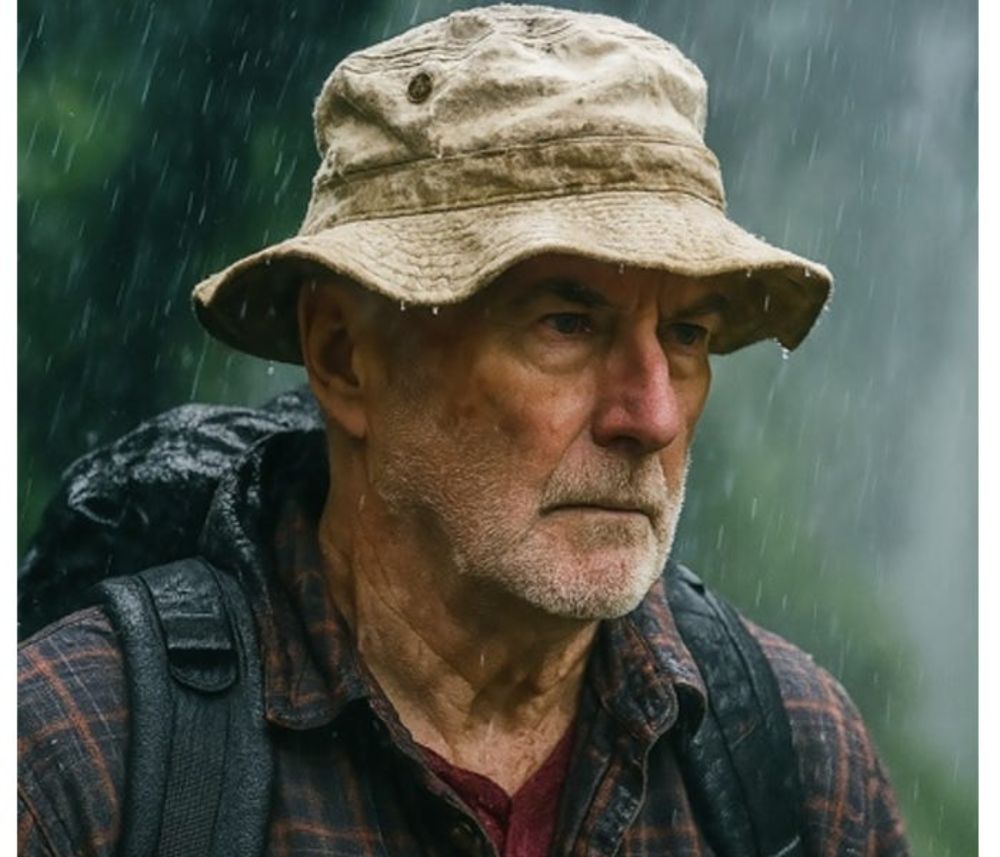
substack.com/inbox/post/1...
jasp-stats.org/2025/08/02/i...
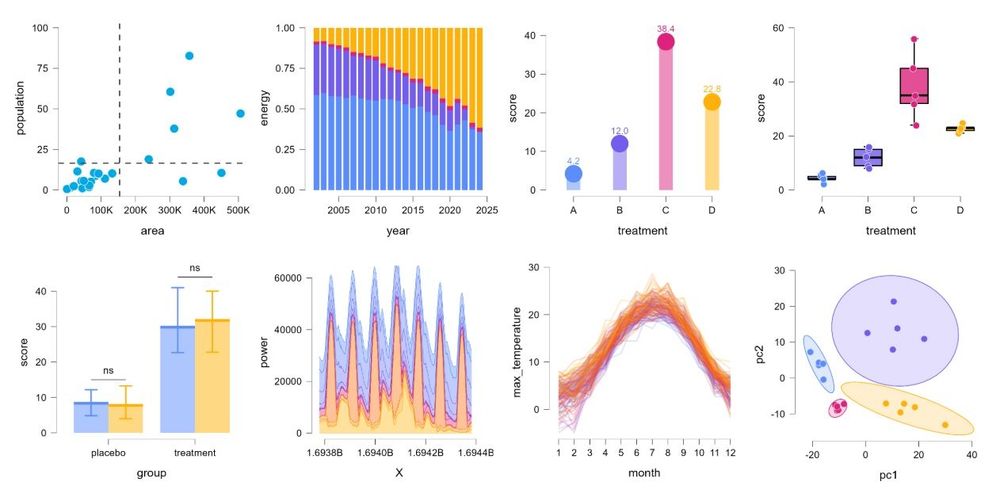
jasp-stats.org/2025/08/02/i...
medium.com/@limolnar/li...
#psychology #diversity #motivation
osf.io/preprints/ps...
osf.io/preprints/ps...
We found that even without conscious imagery (aphantasia), people still simulate sensorimotor info when processing language. 💭🔤
We found that even without conscious imagery (aphantasia), people still simulate sensorimotor info when processing language. 💭🔤
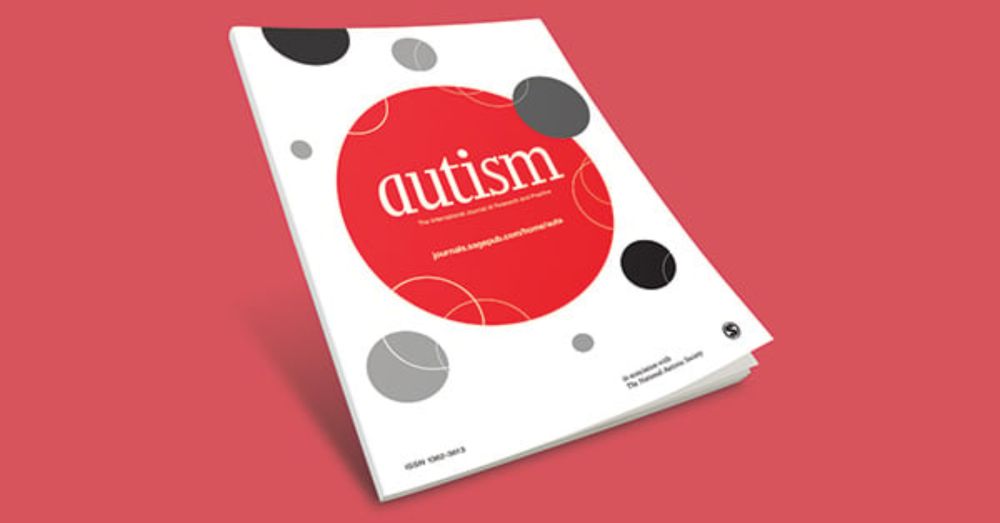
www.cell.com/current-biol...
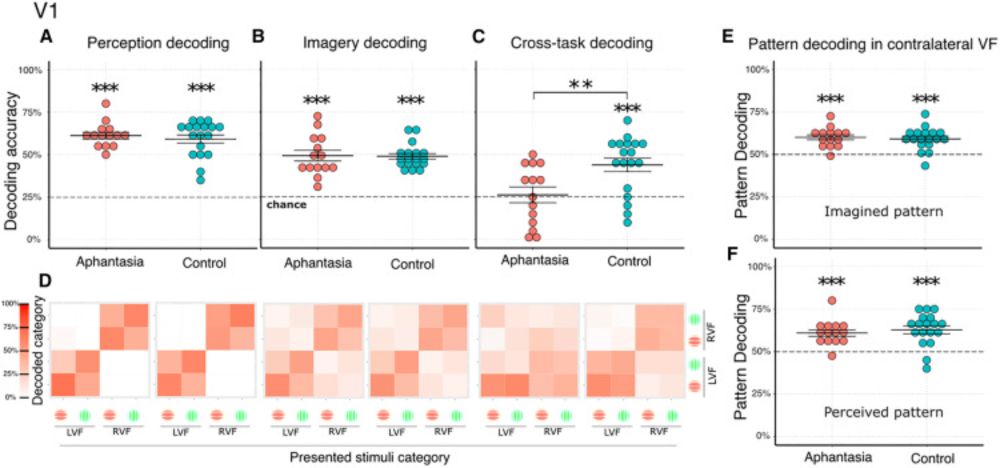
www.cell.com/current-biol...
www.sciencedirect.com/science/arti...
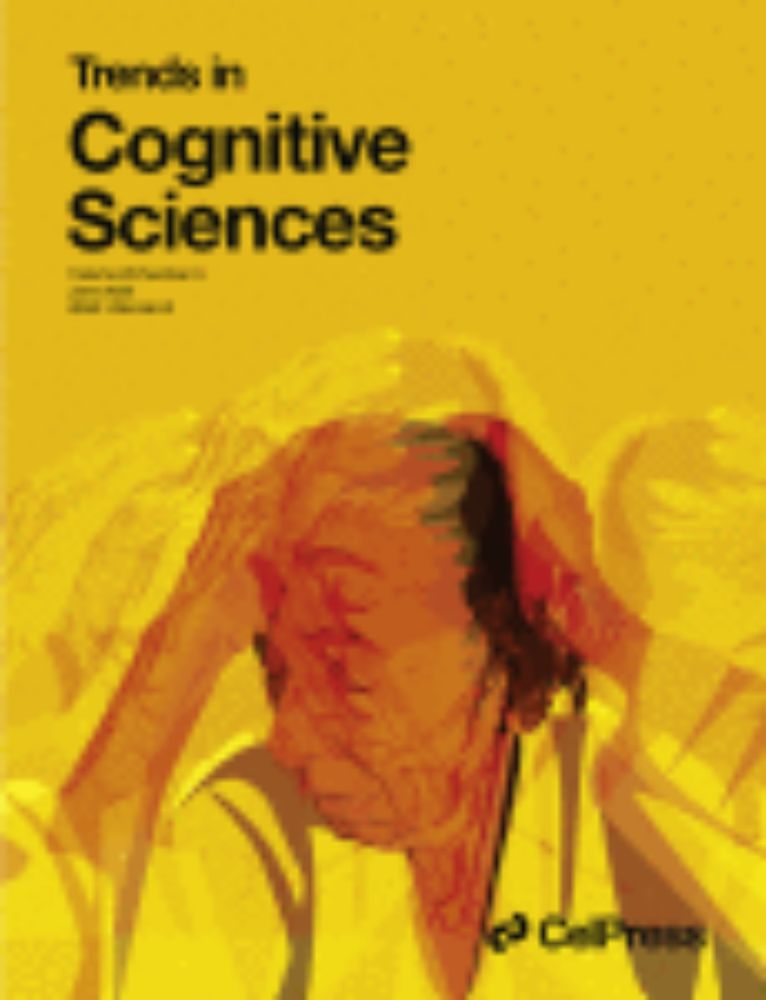
www.sciencedirect.com/science/arti...
Different subtypes of aphantasia show different performance on spatial, verbal & perceptual tasks:
www.researchgate.net/publication/...
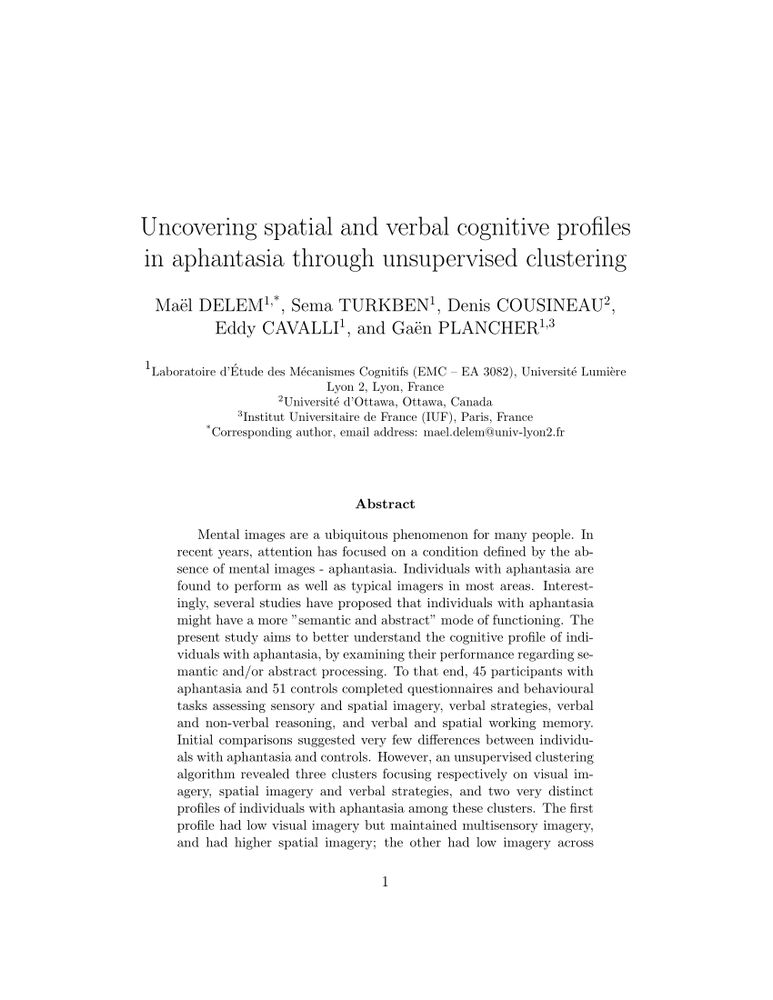
Different subtypes of aphantasia show different performance on spatial, verbal & perceptual tasks:
www.researchgate.net/publication/...
Developmental aphantasia is characterised by a lifelong absence of mental imagery.
In our preprint on PsyArXiv below, we ask is aphantasia a neurodevelopmental condition, like autism, ADHD, and dyslexia? But how would you show this? Thread 👇
Developmental aphantasia is characterised by a lifelong absence of mental imagery.
In our preprint on PsyArXiv below, we ask is aphantasia a neurodevelopmental condition, like autism, ADHD, and dyslexia? But how would you show this? Thread 👇
(in NZ 'lecturer' means 'assistant professor', and is a permanent role)

(in NZ 'lecturer' means 'assistant professor', and is a permanent role)
A disconnection between the Fusiform Imagery Node (FIN) & the left PFC may explain retained memory for objects, despite lacking subjective imagery in aphantasics.
left PFC, awareness, attention network...🧵
authors.elsevier.com/a/1lCs3_V1r-...
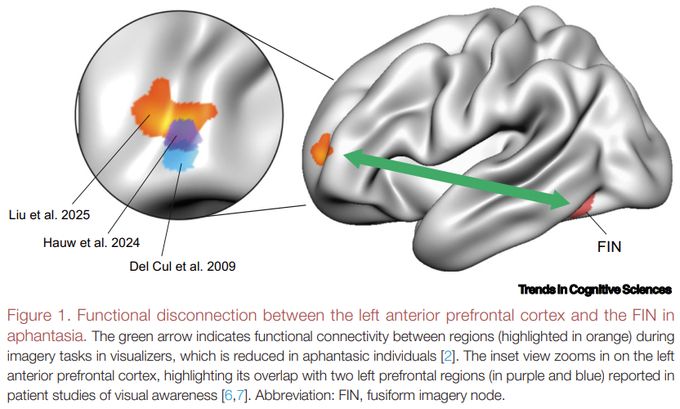
A disconnection between the Fusiform Imagery Node (FIN) & the left PFC may explain retained memory for objects, despite lacking subjective imagery in aphantasics.
left PFC, awareness, attention network...🧵
authors.elsevier.com/a/1lCs3_V1r-...

